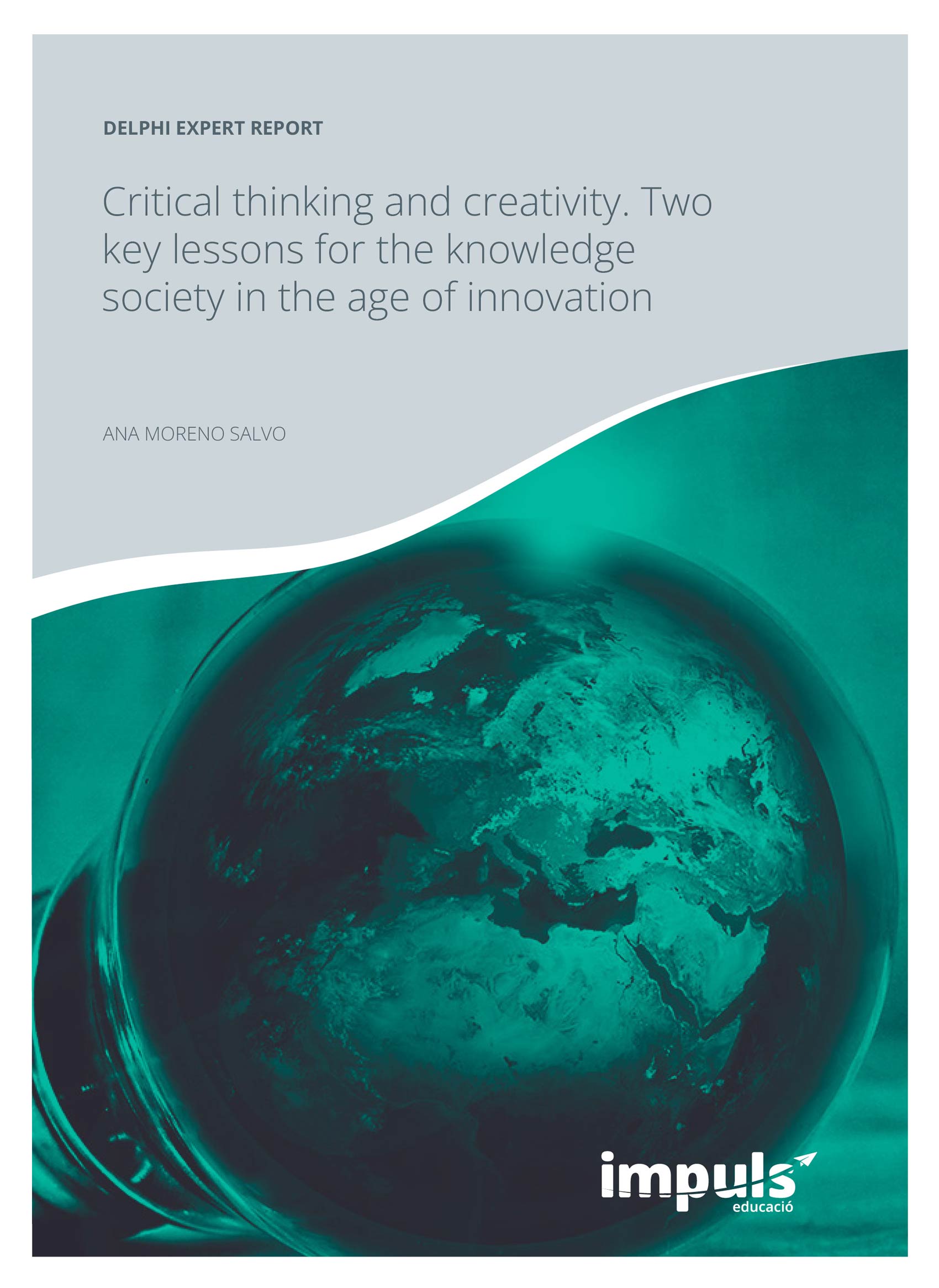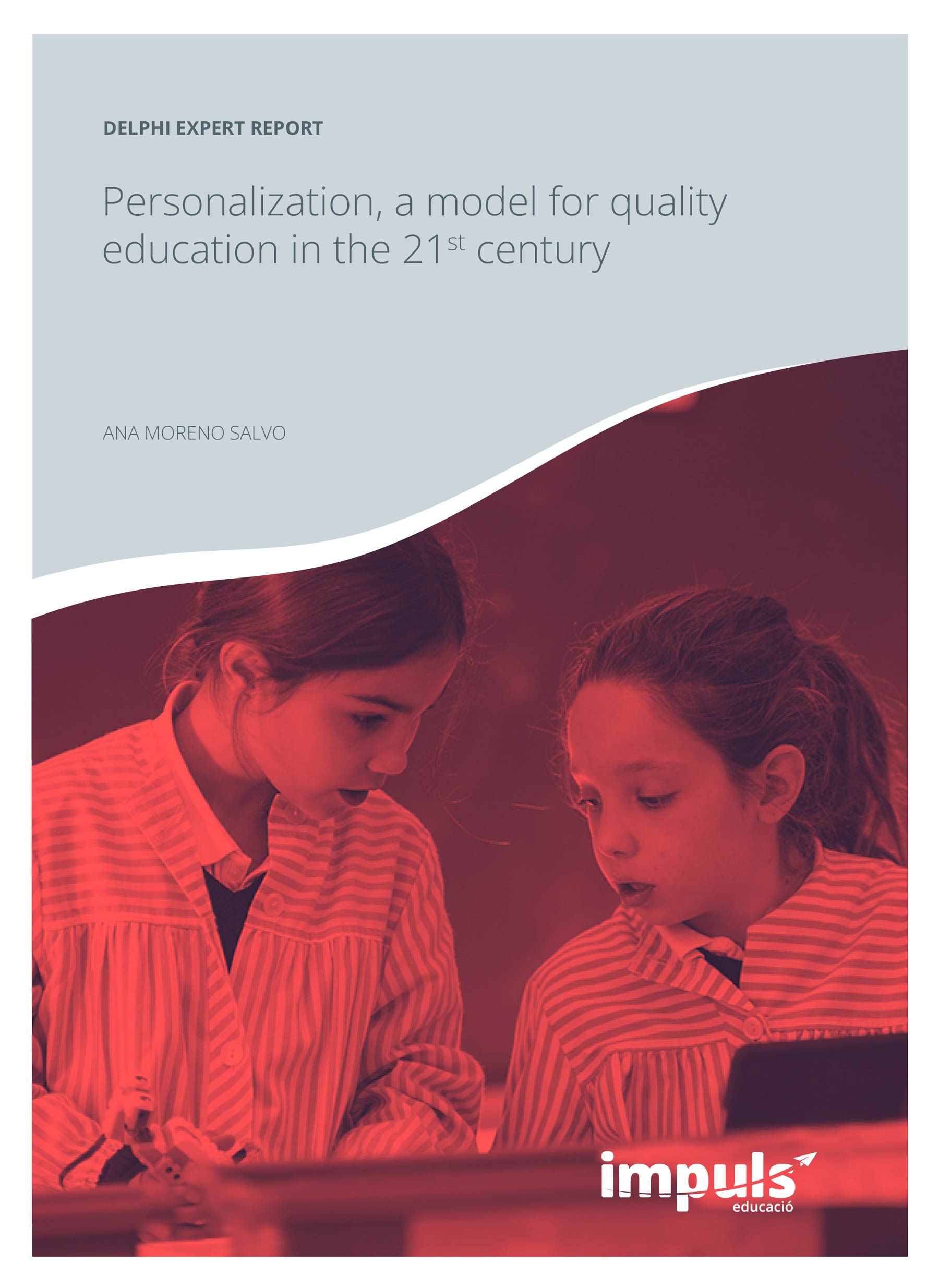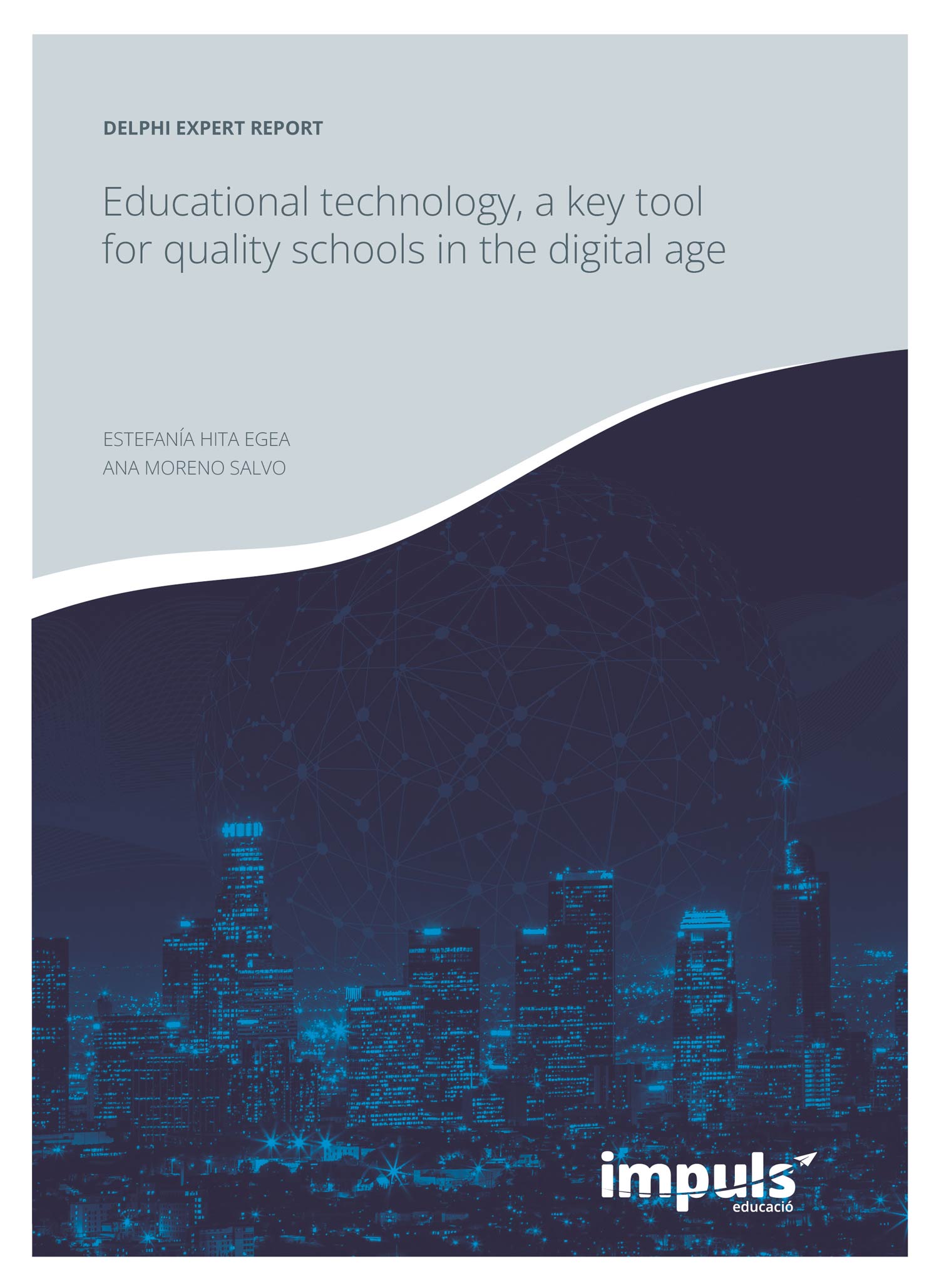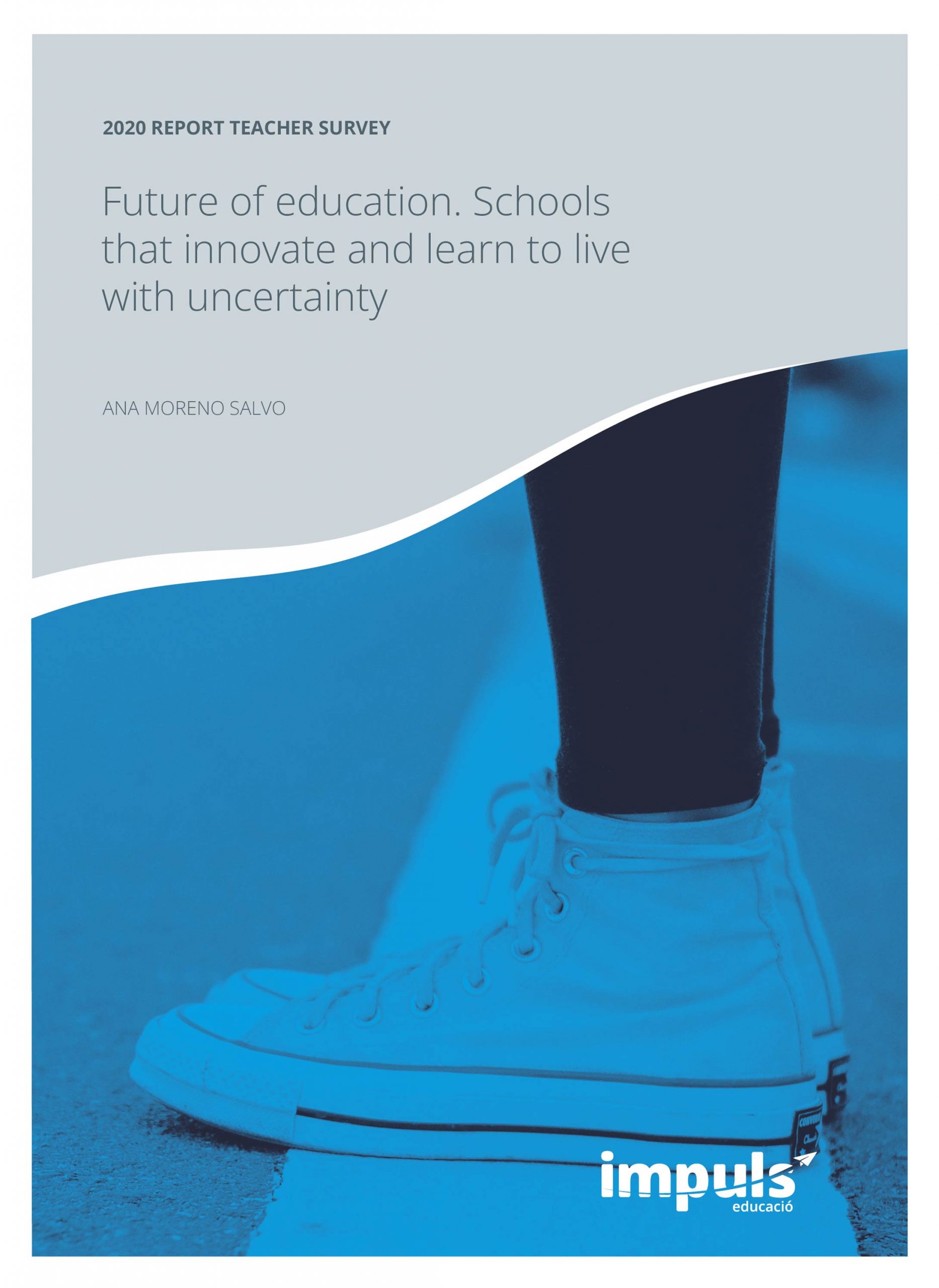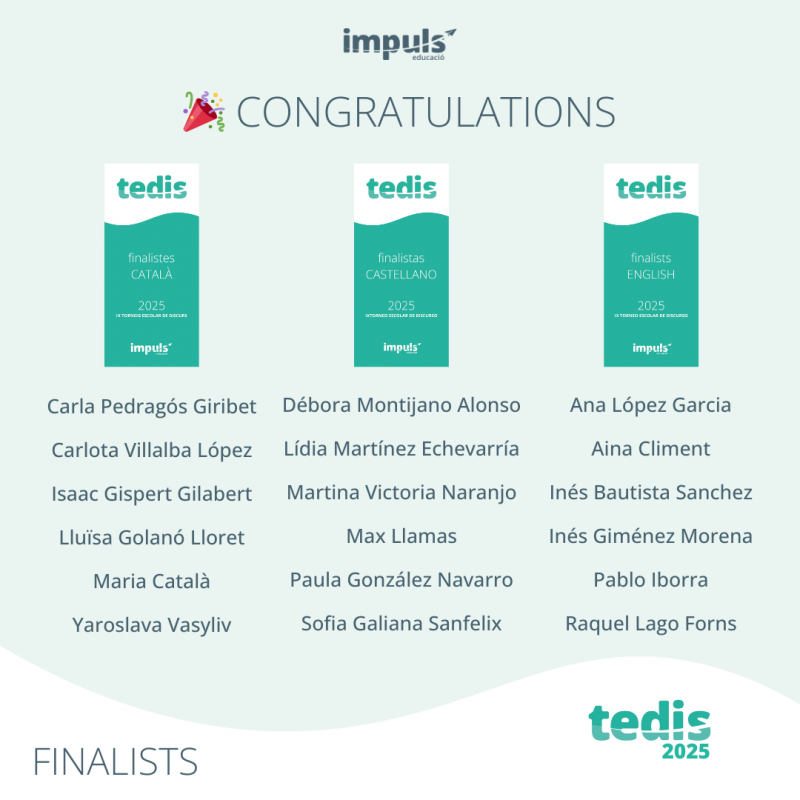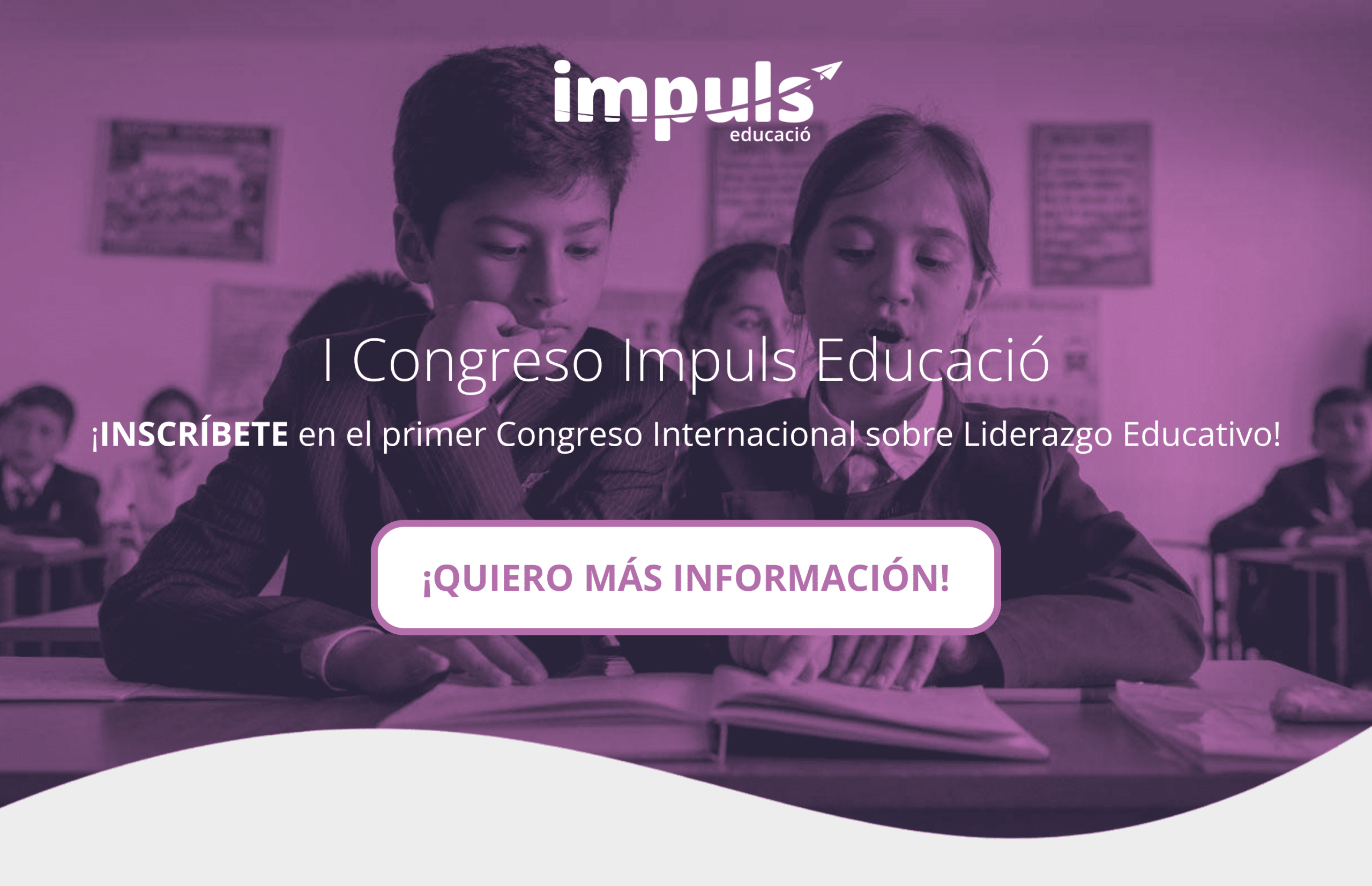Conclusions of the report
- Why is it necessary to educate in critical thinking and creativity?
- What do we mean by critical thinking, how does it relate to creative thinking?
- How can we effectively integrate critical thinking into the school curriculum?
- What do the world’s leading experts think?
It is vital to identify the main ideas of consensus and dissent. The former to have a basis for building quality education with guarantees. The latter will continue studying the different controversies to break down barriers between groups of experts and unblock team progress along safe paths towards effective integration of Critical Thinking and Creativity in education systems.
La literatura más reciente, refuerza todos los motivos considerados (el valor del grupo, la mejora del aprendizaje, el aprendizaje para toda la vida, el crecimiento personal, el desarrollo ético de los estudiantes, la creatividad…), pero se echa en falta la importancia de una visión global multidimensional e interdisciplinar de las situaciones y contextos en que se desarrollan los problemas actuales y futuros, tal como propone la nueva competencia global, incorporada por PISA en 2018. Otro punto que se contradice con los resultados es la tendencia emergente de integrar en el currículum la educación explícita de un conjunto de valores compartidos junto al Pensamiento Crítico.
The most recent literature reinforces all the reasons Considered (the value of the group, the enhancement of learning, lifelong learning, personal growth, ethical development of students, creativity…). However, the importance of a multidimensional and interdisciplinary global vision of the situations and contexts in which current and future problems develop, as proposed by the new global competence, incorporated by PISA in 2018, is missing. Another point that contradicts the results is the emerging trend of integrating into the curriculum the explicit education of a set of shared values alongside Critical Thinking.
With regard to conceptualization, it is worth highlighting the skill: “assessing the reliability of a source and the credibility of an argument”, related to the growing urgency of teaching and learning to consume information with a critical sense in a society immersed in the digital era in which information and technology invade all areas of life.
However, all of them coincide in considering most of the dispositions present in the literature to be of the utmost importance. It is necessary to highlight the inclusion of critical spirit, collaboration and empathy, interest in the quality of reasoning, seeking clarity and understanding together with a metacognitive attitude, and perseverance, with a sustained application of thought and knowledge to new situations. These are very important for success in identifying and solving todays and tomorrow’s world problems.
The great success of this study would be for the different groups of experts to collaborate in specifying the best way to integrate Critical Thinking and Creativity successfully in the school stage. To do this, it is necessary to be enriched by the visions of the other groups and to work together. One of the significant consensuses achieved and corroborated by recent literature is its central status as a key aspect to achieving the high expectations that the economic and social world has placed on education.
Experts involved
- Montserrat Castelló (URL)
- Ángel Daniel López y Mota (UPN)
- Carles Monereo (UAB)
- Begonya Oliveras (UAB)
- Juan Ignacio Pozo (UAM)
- Oscar Eugenio Tamayo (UAM)
- Jorge Valenzuela (UCM)
- Brian Barnes (The Foundation For Critical Thinking)
- Arthur Costa (Habit of Mind)
- Robert Swartz
- Carol McGuinness (QUB)
- Karin Morrison (Project Zero)
- Irene de Puig (Grup IREF)
- Ángel Vázquez (UIB)
- Javier Bahón (Túinnovas)
- José Blas García (Blog)
- Dave Camilleri (The University of Melbourne)
- Ana María Fernández (Edu1st)
- Juanjo Vergara (Blog)
- Antonio Marquez (Blog, Aula Desigual)
- Leonie McIlvenny (Blog)
- Pepe Menéndez (Blog, Horitzó 2020)
- Montserrat del Pozo (Missioneres Filles de la Sagrada Família de Natzaret)
- Chris Wardlaw (AITSL)
Published reports

